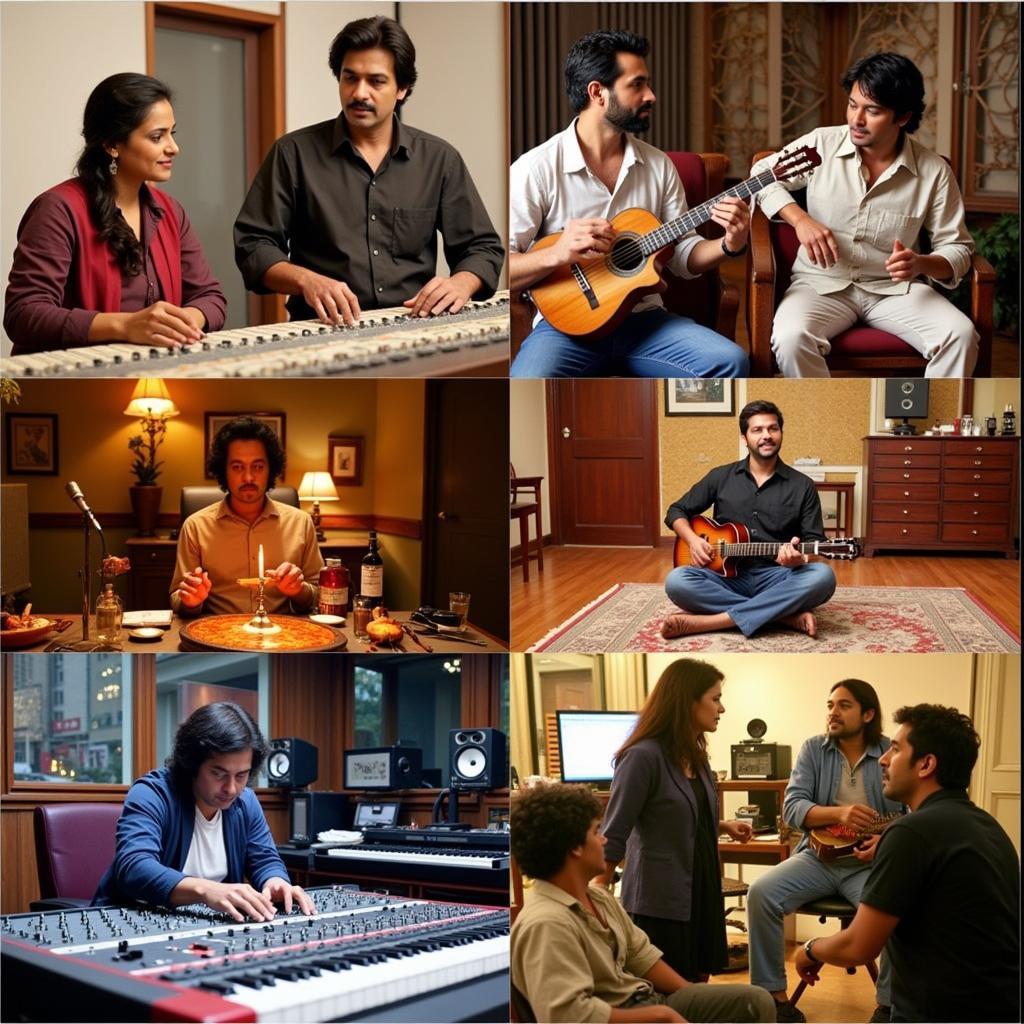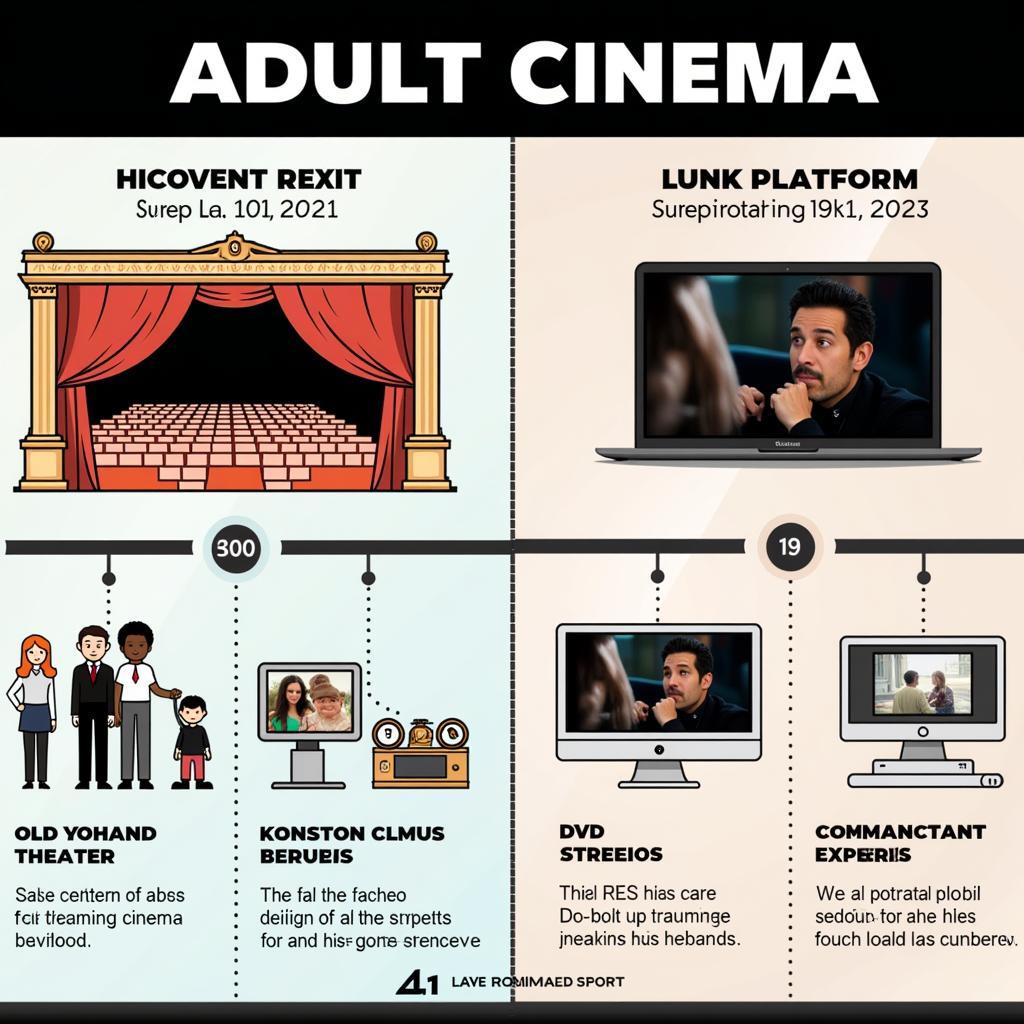The Reader, a 2008 romantic drama starring Kate Winslet and David Krabbe, captivated audiences with its complex narrative exploring themes of love, guilt, and the Holocaust’s lingering impact. While the film garnered critical acclaim, including an Academy Award for Winslet’s performance, it also sparked considerable debate, particularly surrounding the depiction of a relationship with a significant age gap and its explicit sexual content.
Examining the Controversy: When Storytelling Intersects with Sensitive Themes
The heart of the controversy surrounding The Reader lies in the age difference between Hanna Schmitz, a former SS guard in her late 30s, and Michael Berg, a 15-year-old schoolboy. Their passionate affair, unfolding against the backdrop of post-war Germany, raises questions about power dynamics, consent, and the exploration of intimacy on screen.
Some critics argued that the film romanticized the relationship, potentially normalizing the abuse of power inherent in such age gaps. Others defended the film, highlighting its nuanced portrayal of complex characters grappling with their pasts and the weight of their choices.
The Role of Sex Scenes in “The Reader”
The Reader doesn’t shy away from depicting intimacy, using sex scenes to convey the evolving nature of Hanna and Michael’s relationship. These scenes, however, are not gratuitous; they serve a purpose within the narrative, illuminating the characters’ emotional states and the complexities of their bond.
For Michael, the encounters are intertwined with his burgeoning sexuality and a sense of discovery. Hanna, on the other hand, finds a sense of control and release through their intimacy, offering a glimpse into her guarded inner world.
The Ethics of Portraying Intimacy on Screen
The Reader’s sex scenes sparked dialogue about the ethical considerations of presenting such intimate moments in film. Questions arose about the responsibility of filmmakers to approach sensitive themes with care, ensuring that depictions of intimacy are handled with respect and avoid exploitation.
The debate surrounding The Reader underscores the importance of critical engagement with film. While the movie’s depiction of intimacy and the complex relationship at its core generated controversy, it also prompted essential conversations about consent, power dynamics, and the role of art in exploring challenging aspects of human experience.
Conclusion: A Legacy of Conversation and Debate
The Reader’s exploration of love, guilt, and the aftermath of trauma continues to resonate with audiences. While the film’s depiction of a relationship with a significant age gap and its intimate scenes ignited controversy, it also sparked vital conversations about the portrayal of sensitive themes in cinema. The Reader’s legacy lies not only in its powerful storytelling but also in its ability to challenge viewers and encourage critical reflection on complex issues.
Frequently Asked Questions (FAQs)
-
Q: What is the central controversy surrounding “The Reader”?
- A: The main controversy revolves around the depiction of a romantic relationship between an adult woman and a teenage boy, raising concerns about power imbalances and the potential normalization of such relationships.
-
Q: How do the sex scenes contribute to the film’s narrative?
- A: The intimate scenes are not gratuitous; they offer insights into the characters’ emotional complexities, desires, and the evolving nature of their bond.
-
Q: What broader conversations did “The Reader” spark?
- A: The film ignited discussions about the ethical considerations of depicting intimacy on screen, particularly when dealing with sensitive themes and power dynamics.
-
Q: Did “The Reader” receive any awards or recognition?
- A: Yes, Kate Winslet won the Academy Award for Best Actress for her portrayal of Hanna Schmitz.
For further assistance, please contact us at Phone Number: 02933444567, Email: [email protected], or visit our address: RF55+W7R, Lê Hồng Phong, Vị Tân, Vị Thanh, Hậu Giang, Vietnam. Our customer support team is available 24/7.

